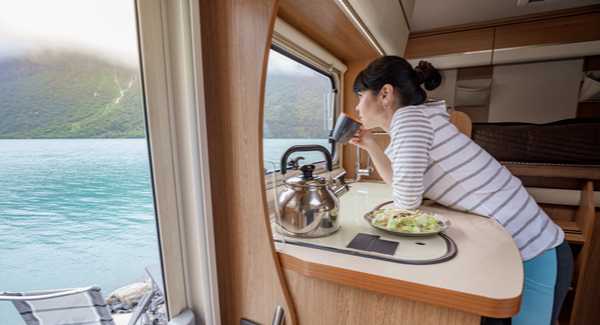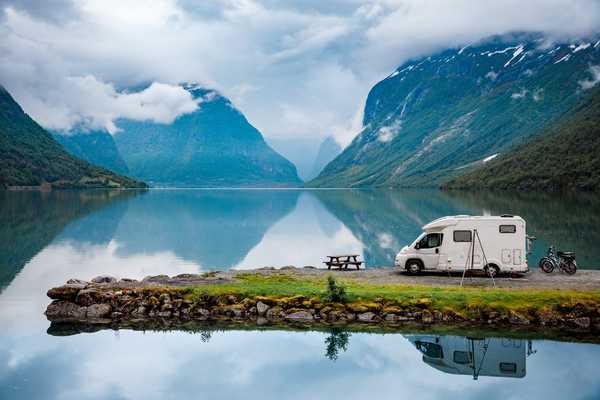Temporary Motorhome Insurance
Compare quotes today to see great deals from some of the top insurance companies in the UK
Eligibility
FAQs
You will need to fill in a short questionnaire about yourself and your vehicle so that we can work out how much a quote will be from an insurance provider. This information includes:
- Your full name
- Date of birth
- Occupation
- Address
- Type of vehicle
- UK registration number
Motorhomes are large vehicles that come in a range of sizes. Before you drive one, it is important to ensure that your driving licence covers the category.
You will be able to tell by looking at the vehicle’s maximum authorised mass (MAM). The MAM is the weight of the vehicle added to the maximum load it can carry. You can then look at licence guidelines. For example, if the MAM is 7.5+ tons, you will need a category C licence.
If you passed your test after 1 January 1997, you will be covered for the B and B1 category vehicles. B and B1 allow you to drive a vehicle up to 3.5 tonnes.
Motorhomes are larger than campervans. Often they will have full-sized appliances fitted in like a washing machine, fridge and oven. Inside a motorhome, the driving and living areas will be separate. Campervans are smaller than motorhomes. They will have a connected driving and living area with smaller and less advanced appliances.
Here are a few tips that might help to reduce the cost of your temporary motorhome insurance:
- Only get cover for the time that you need, whether this is for an hour or 30 days.
- The named driver should have a clean driving record
- Do not wait until the last minute to buy insurance. You may get a lower price if you take the policy out 20+ days in advance.
- Increase excess amount
- Accurately report mileage expectations



